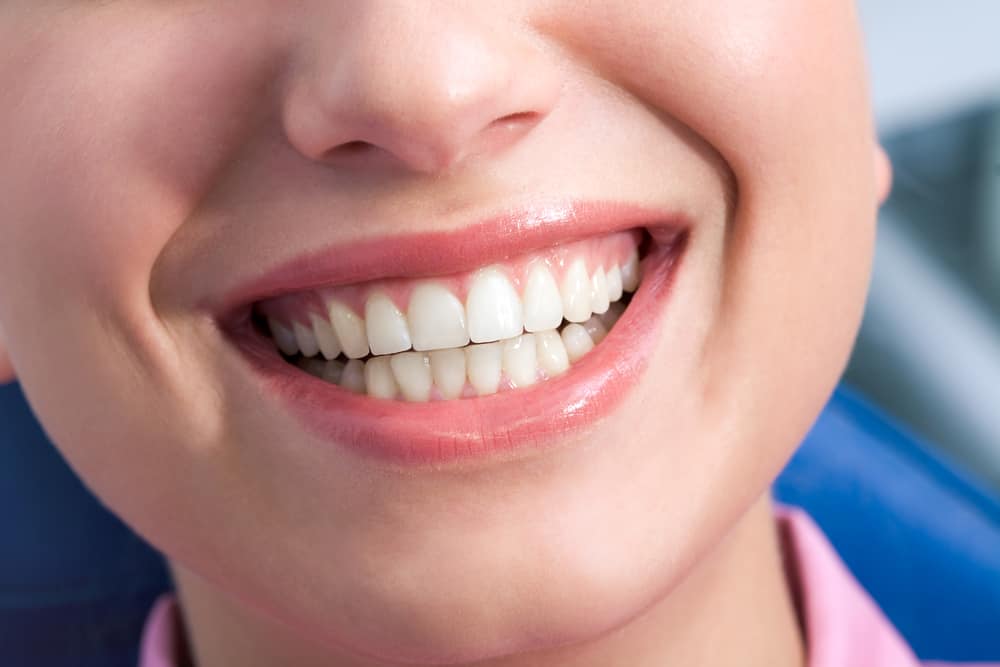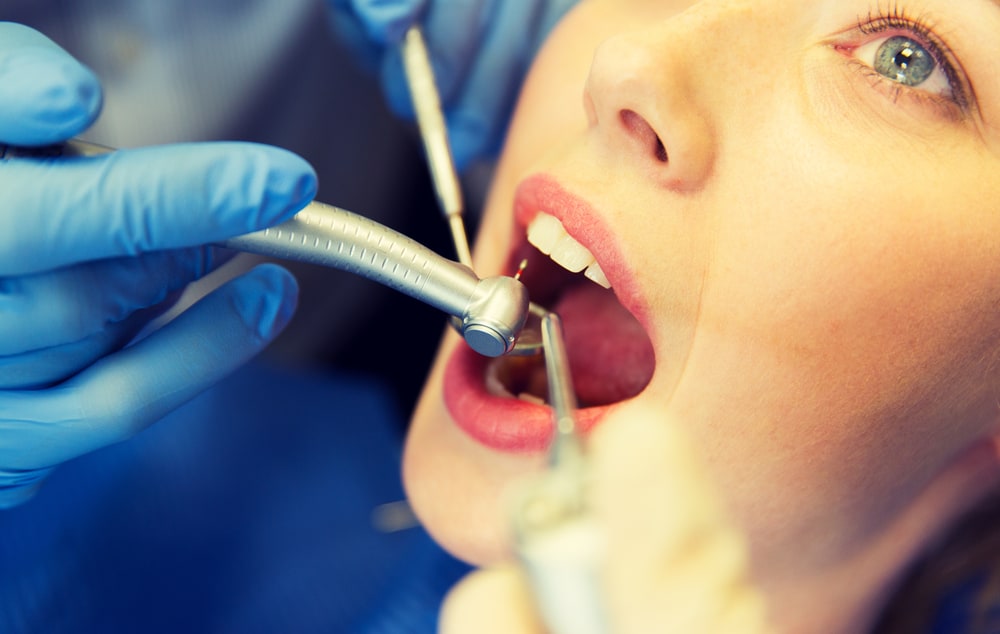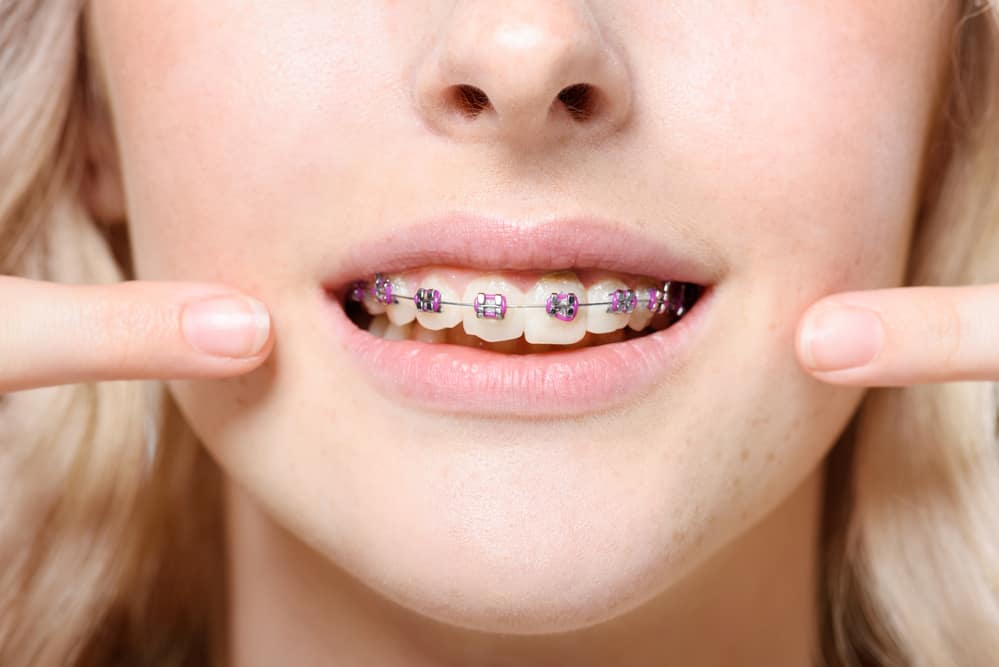Dental cleanings are necessary for preventative oral health care, as they help remove dental plaque and tartar buildup, which can cause gum disease and cavities.
It is essential to understand the length of time a typical dental cleaning should take and the factors that can affect the duration of the procedure.
This article will cover the basic cleaning procedure, the average time a basic cleaning should take, additional procedures and services, the impact of oral health on cleaning time, and tips for preparing for a professional cleaning.
The Basic Cleaning Procedure
A basic dental cleaning typically involves a series of steps to ensure the teeth are thoroughly cleaned, and the patient’s oral health is maintained.
The dental care process typically begins with an examination of the patient’s teeth and gums to identify any areas of concern.
The dental clinic may then use specialised dental treatment to remove plaque and tartar from the teeth.
A warm salt water rinse may be used to flush out the remaining debris, and a clean cotton gauze can be used to dry the teeth.
The dentist will then inspect the teeth for any signs of decay or tooth loss, as well as any signs of infection or tooth root exposure. Sometimes, deep cleaning is much needed for the patient’s oral hygiene.
Finally, the dentist will offer advice on maintaining oral health, such as regular brushing and flossing regularly and avoiding sugary snacks.
By following these steps, patients can reduce their risk of developing dental pain and tooth decay.
How Long Does a Basic Cleaning Take?
The duration of a basic dental cleaning can be significant, requiring careful consideration of the patient’s schedule and available time. Depending on the type of dental cleaning, an individual appointment can take anywhere from 30 minutes to an hour. For a comprehensive dental cleaning, multiple dental appointments may be necessary. The procedure can take two to three hours, depending on the dental conditions and family dental history.
Family memberships and dental packages are available to lessen the burden of the cost of professional teeth cleaning and make the scheduling process easier for families with multiple members. These packages can include additional treatments such as toothache, dental trauma, and clean gauze and damp gauze for proper care after the appointments.
Additional Procedures and Services
Timely attention to dental health can include additional services and procedures beyond basic or deep cleaning.
Dental restorations, for example, can be used to fix damaged teeth and restore the health and appearance of the mouth. Through a dental checkup, dentists can assess whether additional treatments are needed by dental patients through a dental treatment plan.
Additionally, staff in hospital emergency departments can help provide emergency contact options if a dental care emergency arises, such as after-hours emergency advice services to help patients choose an emergency dentist.
Competent emergency dentists are also available for those in need of after-hours care, and they can provide the necessary care while also helping to manage the costs of emergency dental care.
Furthermore, emergency care dentists can provide the necessary care while offering advice and support to ensure the best dental care outcomes.
Impact of Oral Health on Cleaning Time
Investigating the impact of oral health on cleaning time reveals that poor oral health can potentially increase the duration of the procedure. The health of the oral cavity is an essential factor to consider when determining the time of a dental cleaning.
If the patient has suffered from oral trauma, the dentist will likely need to use gauze or cold foods to help reduce the swelling and pain. In addition, the dentist may also need to spend more time removing containers of food products, food debris, and other items that may be stuck in the patient’s mouth.
While dental check-up is always helpful, nothing beats a healthy oral hygiene routine to lessen oral health issues. Through this safe procedure, cleaning time is lessened and thus, dentists can focus more on their regular cleaning to keep the mouth healthy.
Moreover, if the patient is suffering from a consistent or agonising toothache, this can also add to the total time of the procedure. Finally, if the patient has had an acute trauma, the dentist may need to take additional precautions to ensure the safety and comfort of the patient, which can also increase the cleaning time.
Preparing for Your Dental Cleaning
Properly preparing for a dental cleaning can help the procedure run smoothly. Before your scheduled dental cleaning, it is essential to understand the entire process to ensure it is as quick and efficient as possible.
The dental health care team will be better able to assess your oral health if you:
- Inform them of your medical history, such as any medical conditions or medications you are taking.
- Report any recent changes in your oral health – for example, tooth sensitivity, soreness, or pain.
- Follow the advice your dental professional provides before, during and after your dental cleaning appointment.
- Make regular appointments to monitor any changes in your oral health.
In cases of dental abscess, dental emergency care is available. If your situation is urgent, visit your nearest emergency department or call your dentist for an emergency exam.
Dentists will always make sure that you will have a relaxing experience and a friendly environment even on your dental cleaning visit to avoid any peak of your anxiety level. With the right preparation and regular appointments, your dental cleaning will be as quick and efficient as possible.
Key Takeaways
The truth is that the duration of a dental cleaning depends on the individual’s oral health and the complexity of the procedures.
While the basic dental cleaning procedure typically takes around 30 minutes, the length can increase substantially if additional services are required.
Individuals should practice good oral hygiene habits and consult their dentist regularly to ensure an efficient cleaning process. Daily care will always be significant to avoid bad experiences such as plaque buildup and gum disease.
By doing this, individuals can reduce the risk of developing serious dental health issues like periodontal disease, leading to longer appointment times and dental visits.
Ultimately, the time it takes to complete a dental cleaning varies depending on the additional steps that a dentist may provide after a comprehensive check-up.
At Western Sydney Smiles in St Marys, NSW, we understand that each individual’s dental needs are unique. That’s why our team of experienced dentists and hygienists is committed to providing the highest level of care tailored to your specific needs. From basic cleaning procedures to more complex dental services, our team will work to ensure you receive the best possible care most efficiently. Book a check-up, and let us help you maintain a healthy smile for years.







